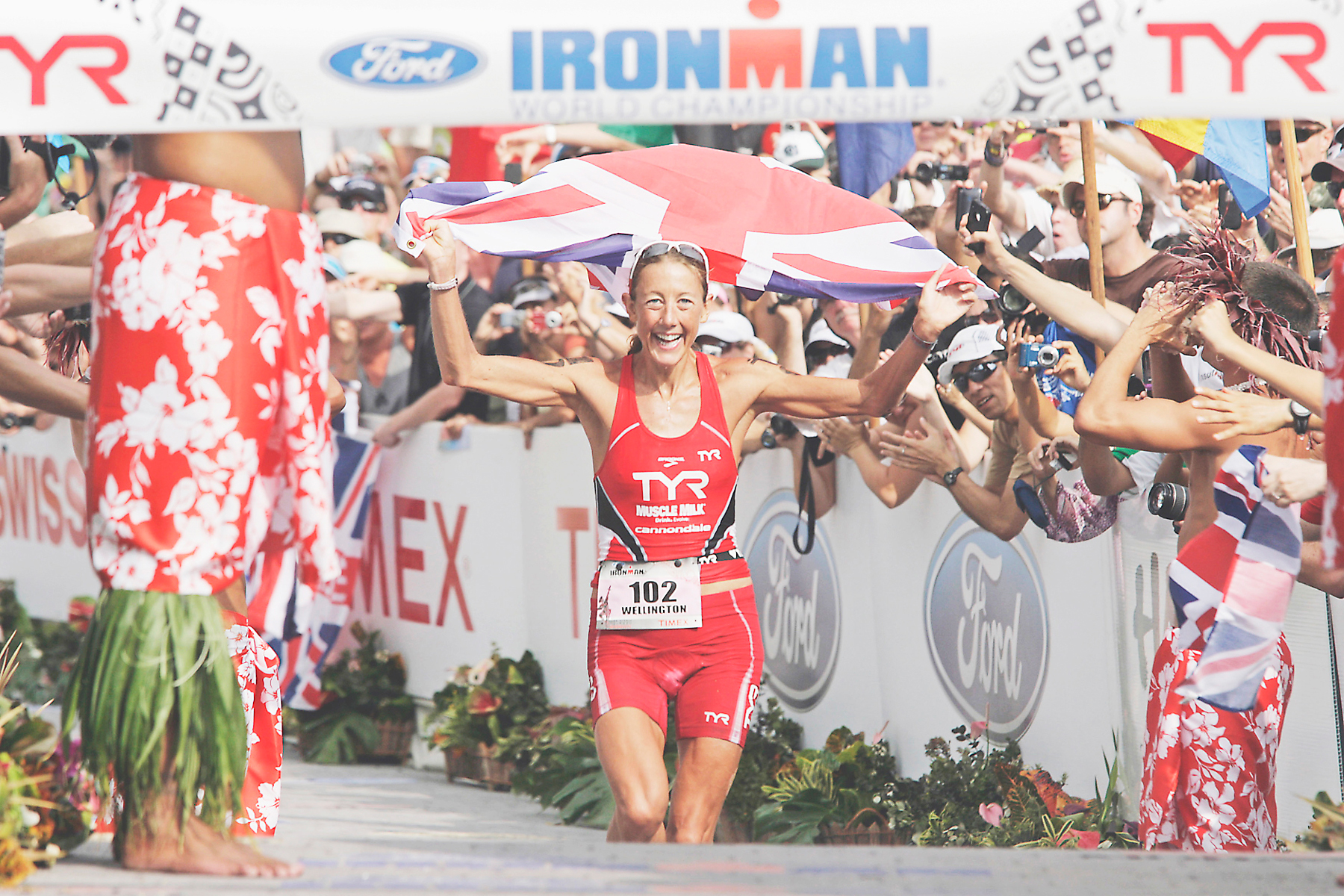My interest in the science of talent has a personal backstory. By the age of three, I'd had 21 ear infections and after an operation to remove fluid from my ears, it took me an extra step to process speech. To help me catch up with my peers, I was diagnosed with an auditory processing disorder. I repeated third grade. I was sent to a special school for children with learning disabilities. I was fed a steady stream of low expectations.
One day, when I was 14, everything changed. A new teacher took me aside and asked me why I was still in special education. With no prior expectations — seeing only the child in front of her — she took notice of my boredom and frustration. I remember that moment vividly, because for the first time in my life, my mind was suddenly brimming with possibility as I wondered: what am I actually capable of achieving?
As a first step, I decided to take up the cello. I approached my grandfather — an accomplished cellist with the Philadelphia Orchestra — and we immediately got to work on my goal to join the high school orchestra. Right away, I became immersed in practicing. Something about the cello, and the structure of classical music, seemed to gel with my brain. After just a few months of focused practice, I successfully joined the orchestra and even beat out players who had been playing years earlier.


















With your current subscription plan you can comment on stories. However, before writing your first comment, please create a display name in the Profile section of your subscriber account page.